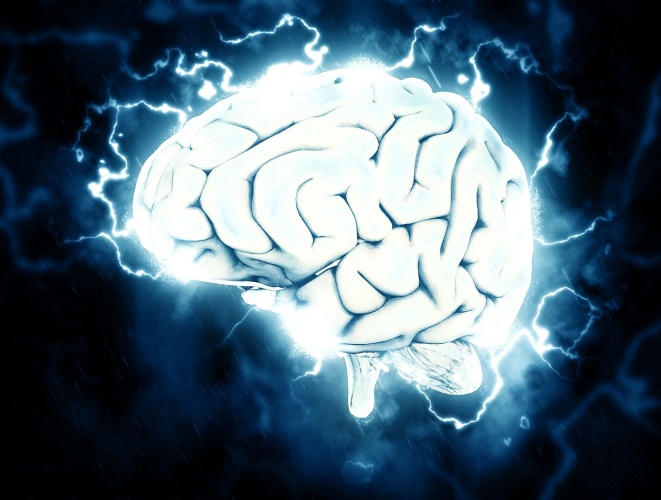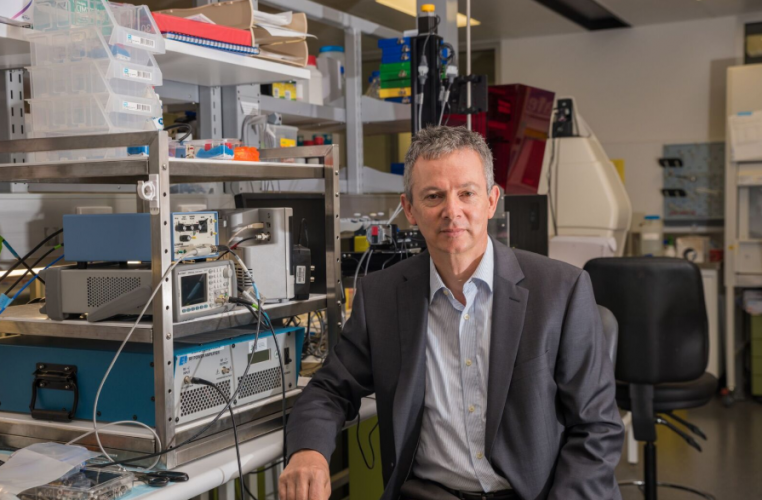
Developed by researchers at the University of Queensland (UQ), the technology first came to prominence in 2015. In the original trials, ultrasound was used to remove amyloid beta (Aβ) from mouse brains. Aβ is the main component of the amyloid plaques found in the brains of Alzheimer's patients. Clearing it from mouse brains was found to restore memory and counteract the disease's degenerative impact. Since then, the technique has also been successfully trialled on higher level mammals and a phase 1 safety trial on a small number of human patients is now due to take place in late 2019.
“The ultrasound waves oscillate tremendously quickly, activating microglial cells that digest and remove the amyloid plaques that destroy brain synapses,” said UQ's Professor Jurgen Gotz, chairman of the Clem Jones Centre for Ageing Dementia Research.
“The word ‘breakthrough’ is often misused, but in this case I think this really does fundamentally change our understanding of how to treat this disease, and I foresee a great future for this approach.”

The ultrasound technique allows the blood-brain barrier to break down temporarily, allowing Aβ plaques to be flushed from the brain by the microglial cells. The non-invasive method requires no drugs, which means the treatment has the potential to be highly accessible if it does make it to market.
“The technology temporarily opens the blood-brain-barrier to remove toxic plaques from the brain and has successfully reversed Alzheimer’s symptoms and restored memory function in animal models,” said Professor Pankaj Sah, director of UQ’s Queensland Brain Institute (QBI).
“The human safety trials late next year are the next step, representing an investment in research that is already underway."
Australia’s health minister has just announced Aus$10m in funding to advance the treatment. This, alongside significant philanthropic donations, has brought the project close to its Aus$30m target to commence clinical trials. Without a major breakthrough - whether via a technique such as this or the discovery of a new drug - the incidence of Alzheimer’s in the global population is set to rise dramatically over the coming years. The 2018 World Alzheimer Report estimated that the annual societal cost of the disease is already $1 trillion, and this will soar in tandem with the increasing prevalence.
“With an ageing population placing an increasing burden on the health system, an important factor is cost, and other potential drug treatments using antibodies will be expensive,” Professor Gotz said.
“In contrast, this method uses relatively inexpensive ultrasound and microbubble technology which is non-invasive and appears highly effective.”




Red Bull makes hydrogen fuel cell play with AVL
Many a true word spoken in jest. "<i><b>Surely EVs are the best solution for motor sports</b></i>?" Naturally, two electric motors demonstrably...